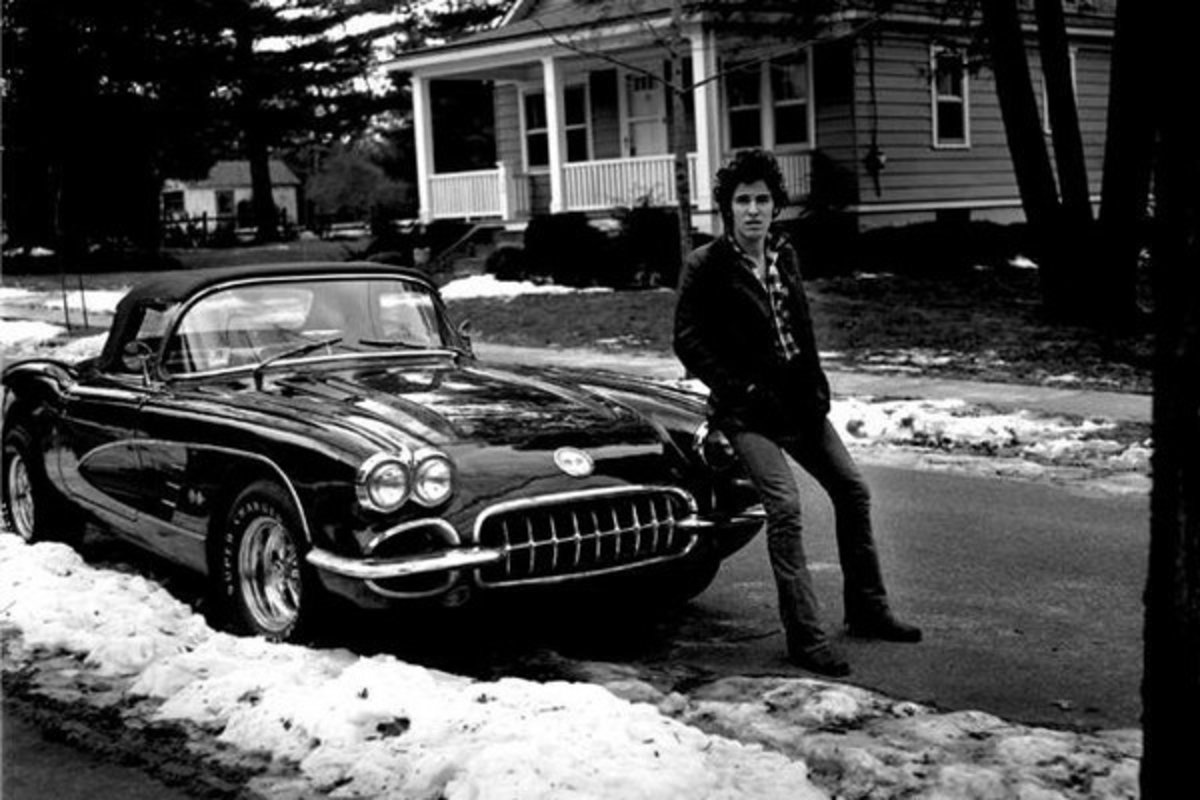“Why is there evil in the world?” the Zen Master was asked, and answered, “To thicken the plot.”
In Santa Monica I attended a Sunday evening Al Anon meeting. Al Anon is one of a spectrum of meetings based on the Twelve Steps of Alcoholics Anonymous and it’s specifically directed to those of us who are involved with either recovering or practicing alcoholics or addicts. One may be involved by family, marriage, friendship, work or other circumstance, but the involvement is what qualifies each of us for the meeting and brings us to it. It’s what we talk about, in a variety of ways as great as our numbers.


